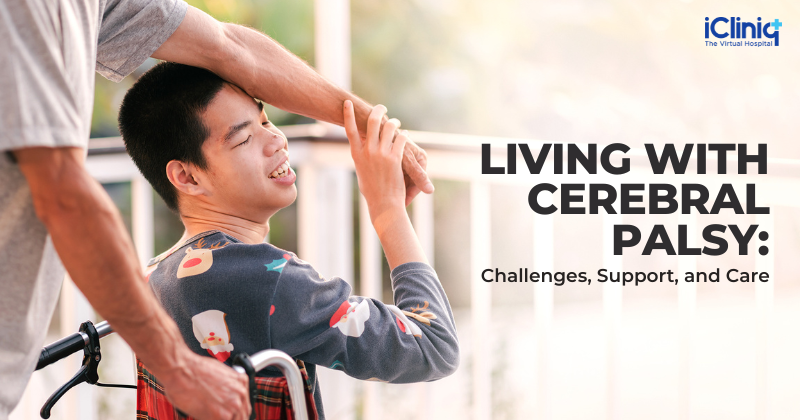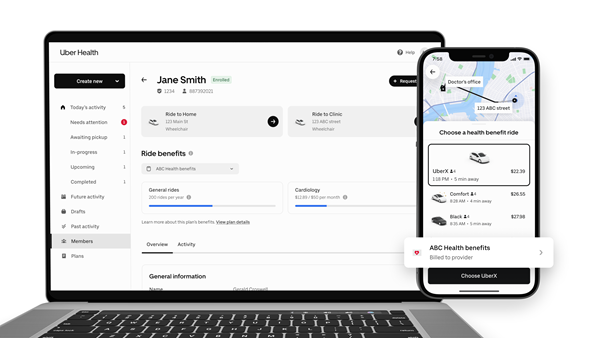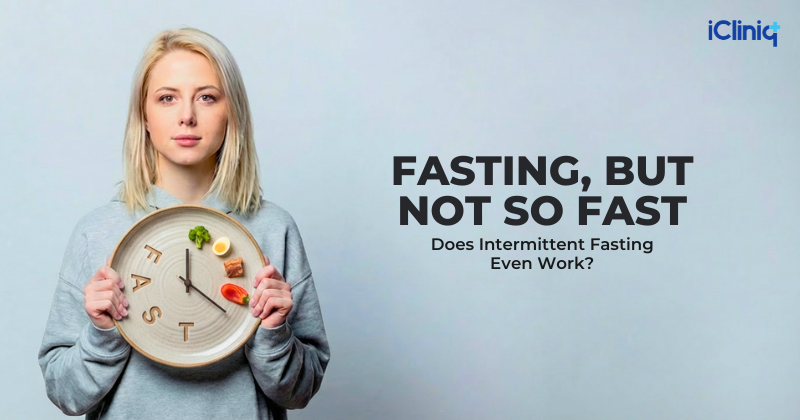Are you in for a few changes that will, in fact, make someone with CP have a better life? Knowledge is empowering. By knowing more and being prepared, you may contribute to advocating for individuals with cerebral palsy and making the world a more friendly place to live in. Here is information on how to handle CP, how you, as a carer, can be of help, and how people living with CP can live productive and constructive lives.
1. What Is Cerebral Palsy, and Why Is Understanding It Important?
Cerebral palsy (CP) is a term used to describe a number of non-progressive disorders caused by abnormalities in the brain that occur before, during, or shortly after birth. This condition entails, for instance, difficulties in walking and speaking and impaired motor function, which must accomplish simple chores. Knowledge of these difficulties benefits families and caregivers because open-mindedness will be developed, and the recipients of care will be treated better. It is, therefore, important that kids with CP get the right kind of therapy early enough so that they may be able to walk well and generally improve the quality of their lives as they grow up.
2. Common Challenges Faced by Individuals with Cerebral Palsy
Different complications present themselves in people with CP, which have the potential to affect their lives. These may include-
- Mobility Issues: Disorders of balance and coordination can be limiting and can make uncomplicated activities such as walking or playing a game a problem.
- Communication Difficulties: Some people will have problems with speech or language and need some other way of making themselves understood.
- Social Stigma: Retrospective evidence suggests that misunderstandings about CP can lead to people being socially isolated and robbed of opportunities for social contact.
- Emotional and Psychological Challenges: ADHD and anxiety or depression are some of the issues pointing to a need for mental health support when trying to cope with the effects of CP.
3. Support Systems: Building a Network of Care
This means that having good spine and support is very important for anyone with cerebral palsy. This can include-
- Family Support: They are one of the most consistent sources of support for implementing the informal care and to meet one’s emotions. Interpersonal communications enable the family to get acquainted with one other and consequently lead to positive family relationships.
- Professional Care: People and patients working together with doctors, physiotherapists, occupational therapists, and speech therapists can add value to a patient’s goals and thus enhance their lifestyles.
- Community Resources: Numerous organizations provide information on child development, counseling, bilateral communication, workshops for families affected by CP. It helps one to talk to others who are in a similar situation as well as a counselor who has a pretty diverse clientele.
4. Strategies for Effective Care and Management
- Assistive Devices: Every day, mobility devices and adaptive products reduce dependence and increase the ability to engage in desired tasks.
- Education and Advocacy: People with CP will have more chances if they research cerebral palsy and fight for one’s rights and access.
5. Positive Attitude and Life Quality
Hence though life seems unbearably hard for people suffering from cerebral palsy, the perception towards life could help enhance the lives of these persons. Making people follow their passions, accomplishments, and health engagements help them to stand firm and have confidence in themselves.
Therefore, comprehending the problems resulting from cerebral palsy enables people and their families to overcome the difficulties they meet. Caring for children and adults suffering from cerebral palsy requires timely support and the correct approach, but despite existing problems, they may be successful and happy.
Publisher: Source link










